Want to make the jump from using store-bought flour to milling your own with a grain mill? Grain mills are becoming more popular every day for the freshness of flour they provide. We take a look at some important points when buying one.
Home bakers — especially sourdough bread bakers, should consider milling their own flour. If’ you’re looking for unrivalled freshness, countertop grain mills like the Mockmill 100 are taking bakers results to the next level. But what is a grain mill, why should you invest, and what are the best models available on the market today? Here’s a list of tips to help you become a master miller in no time!
What is a grain mill?
A grain mill is a device that will grind grain into flour. You put wheat berries into the machine, the machine will then typically grind that wheat by crushing it between two stones and out comes flour.
What do bakers need to consider when buying a grain mill?
Temperature
One of the key considerations when milling your own flour, is the temperature of the grain during the milling process. If the grain gets too hot it can impact on the nutritional value of the flour.
The cooler the temperature of the grain while you’re milling, the better. This will retain as much of the nutritional value stored in your grain as possible.
Most high quality grain mills should stay relatively cool, but over time it’s important to make sure your mill doesn’t start to heat up.
Types of Mill
There are two main types of grain mill; Impact grinders & burr grinders.
Impact mills use a blade-like mechanism to spin and break the grain up into flour. These mills are electrical devices that are good for grinding oily or damp grains.
Burr grinder crush the grain between two plates or stones, typically made from stone, ceramic, or steel. Burr grain mills can be either electrical or manually powered. The main benefit of a Burr mill is the fineness of the flour that it can produce. The flour from a burr mill will be much finer than the impact mill.
Do you need a grain mill?
The obvious question is; why should I grind my own grain? To some, it may seem like an unnecessary expense, and another kitchen gadget. There are a number of benefits though.
Fans of countertop grain mills will wax lyrical about the health & economic benefits, the sense of pride they get from the satisfying process of grinding their own grain, and the control they can have on what constitutes their flour.
Grinding at home means:
- Fresher and more nutritious flour
- Unique flavour that shop bought flour doesn’t have
- Assurance around what’s in your flour (additives etc)
- Experimentation options (soak your kernels, or allow them to sprout before running through your grinder)
There are numerous reasons why you should grind your own flour, but the main reason for us is simple.
The fresher your ingredients, the better your yields. Flour is one of the most important ingredients when baking – arguably the most important. Milling your own flour will guarantee that every bake contains the freshest flour.
The other main benefit to call out – the economics. The speciality flour aisles of supermarkets & food stores can be prohibitively expensive. Especially if you’re looking for the absolute best. Milling at home gets you even better results without the weekly expense.
Where can I buy a grain mill?
We would advise anyone looking for a specialist piece of equipment like a grain mill to purchase from a specialist retailer.
We proudly stock Mockmill grain mills and Hawos grain mills.
Can I build a grain mill?
Things to consider when milling your own grain
Select only cleaned grains — unclean grain can sometimes contain small stones that damage the stones in your mill
Only use dry grain — moist grain will lead to a buildup of a film on the milling mechanism. Crush a grain in a pestle & mortar, if it cracks it is dry, if it squishes it is too damp.
Don’t mill nuts or oily food — this will also leave a film on the milling stones
The best countertop grain mill 2021: Mockmill 100
Top of our list of the best countertop grain mill is the Mockmill 100. This mill does an exceptional job of milling even the hardest grain into fine flour. It has a very small footprint on the kitchen countertop — a big plus for anyone who already has limited space — like most bakers!

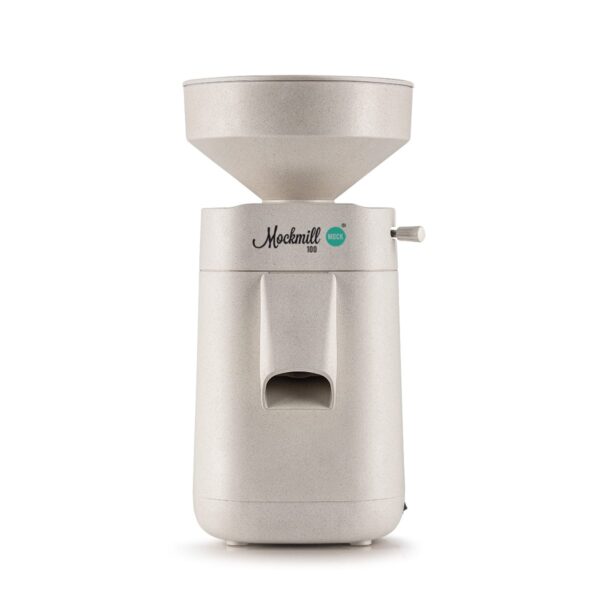
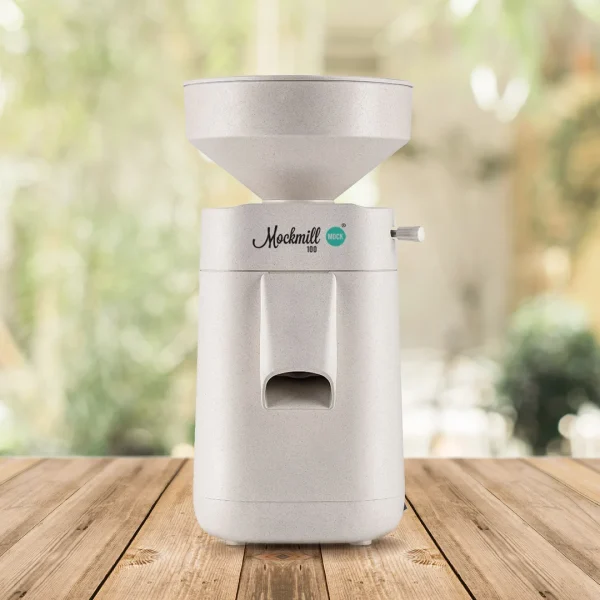
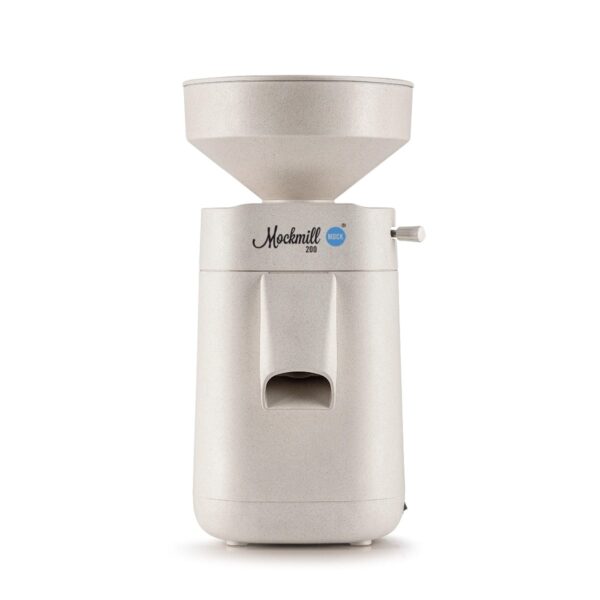
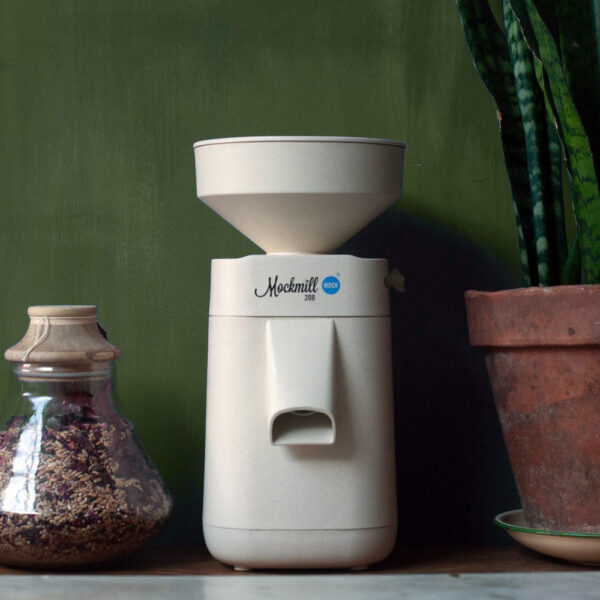
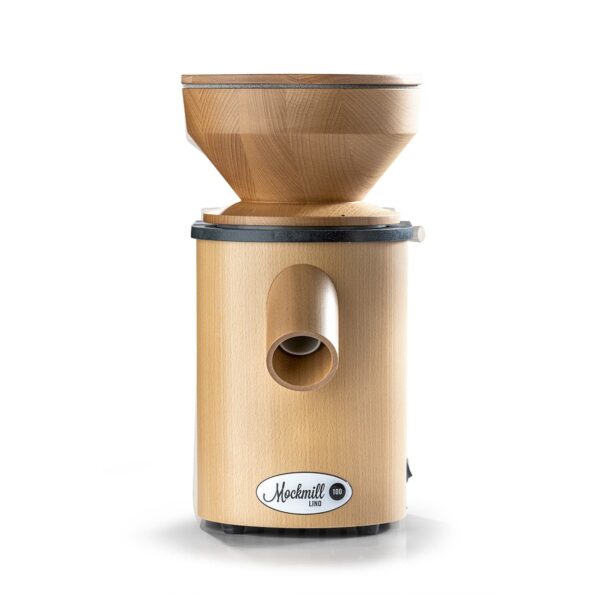
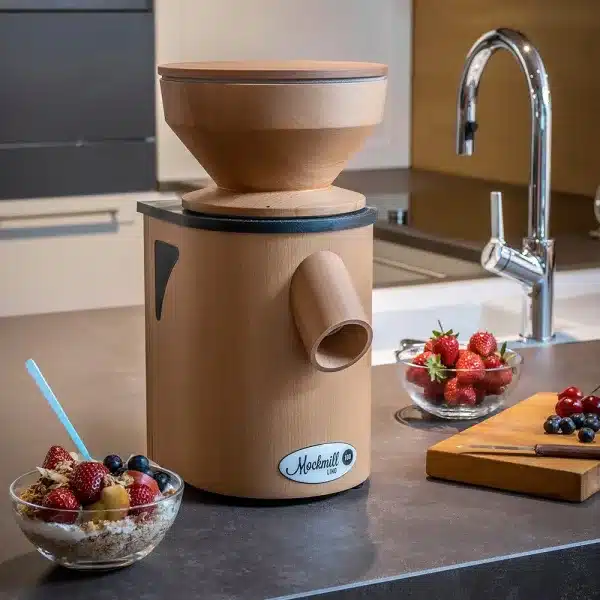
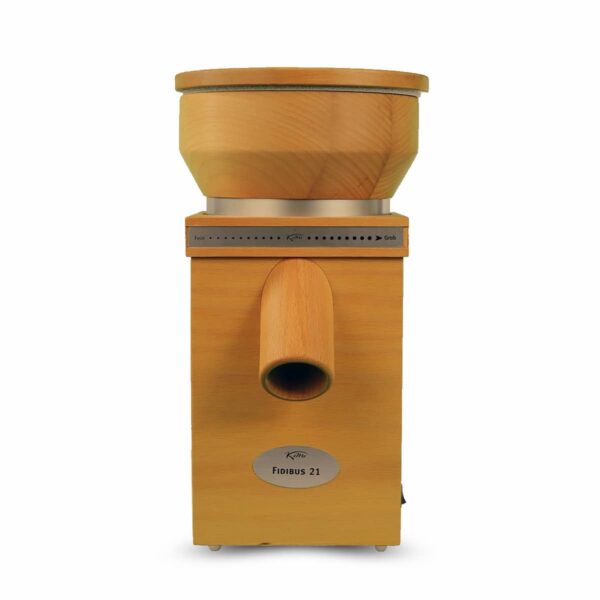
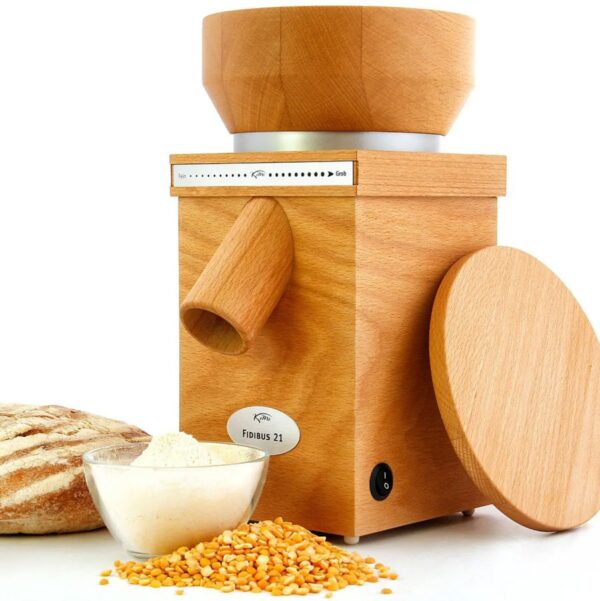
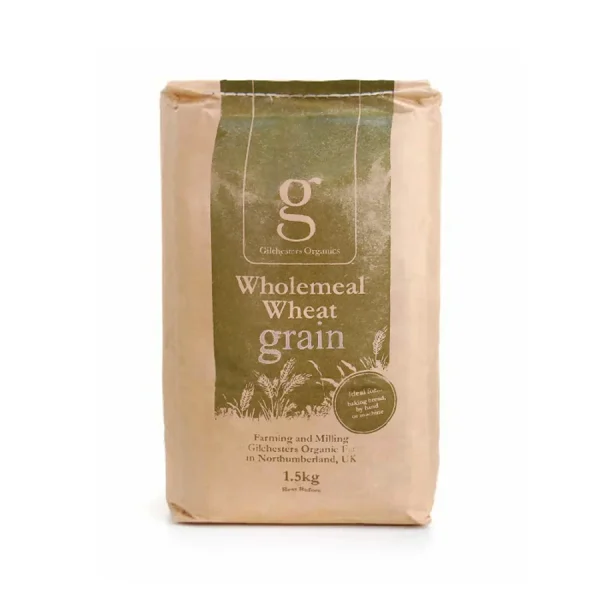
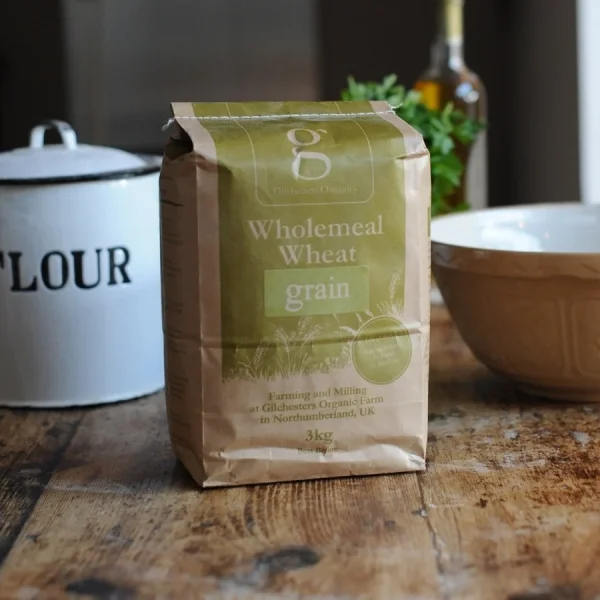
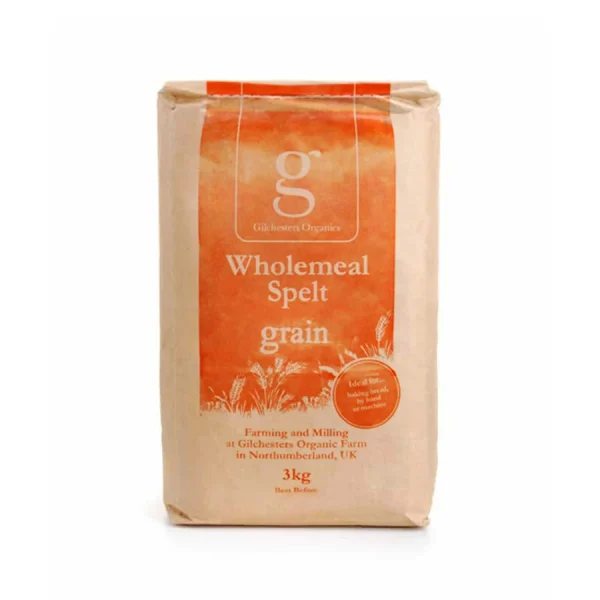
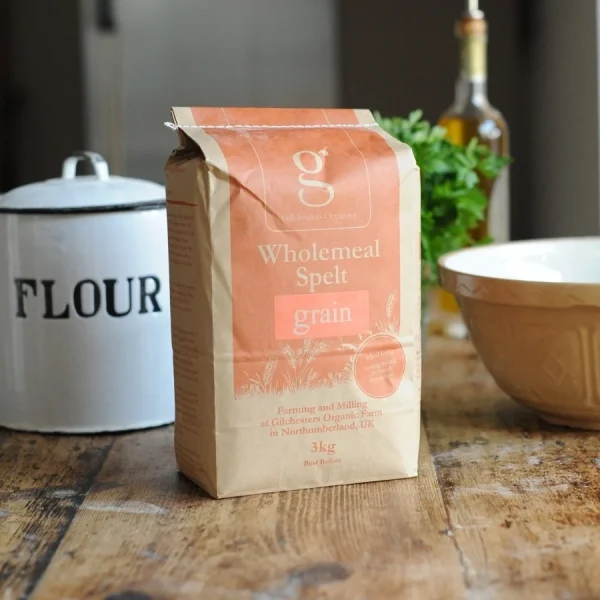
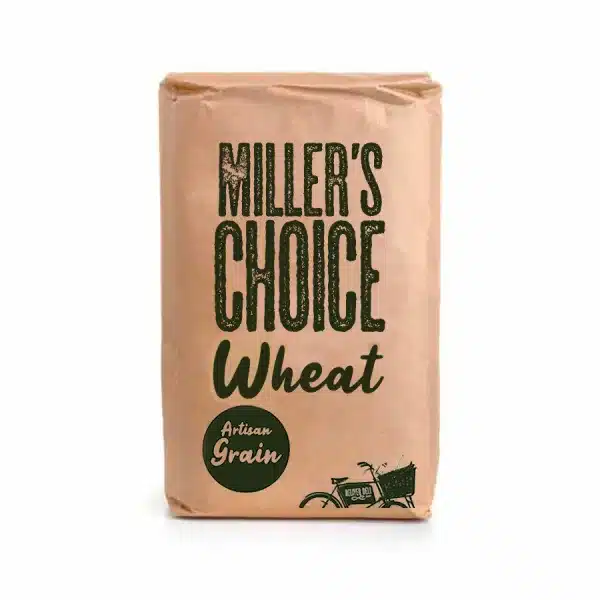
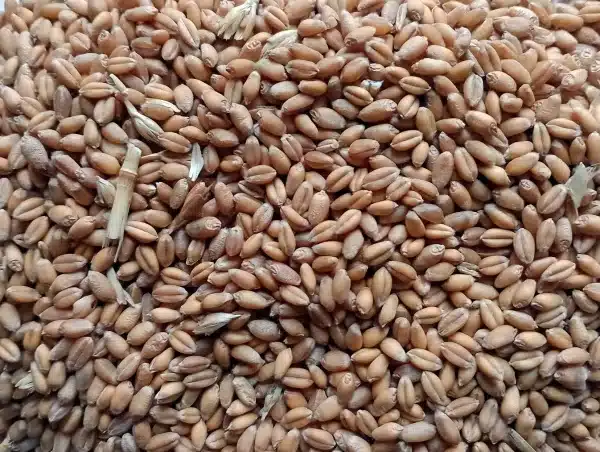
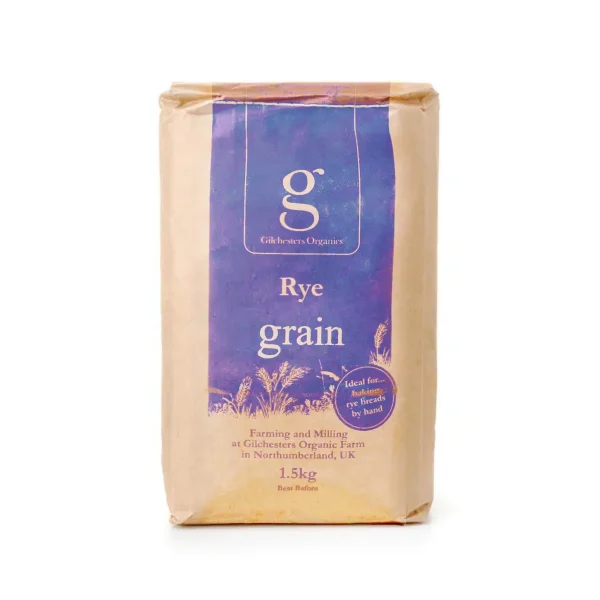
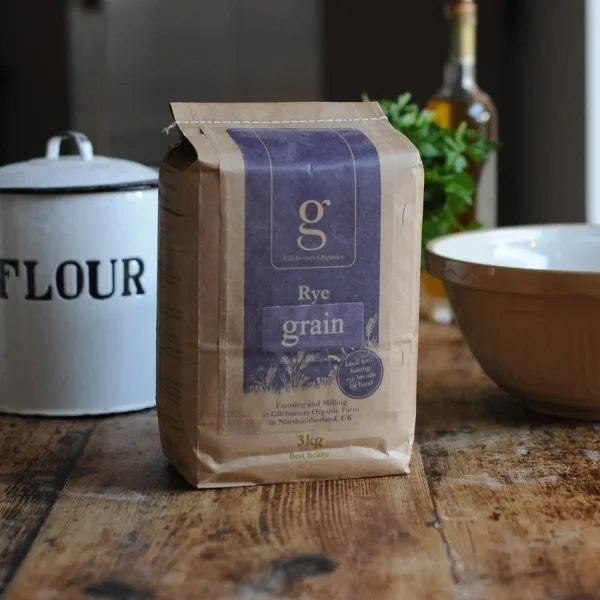
Leave a Reply